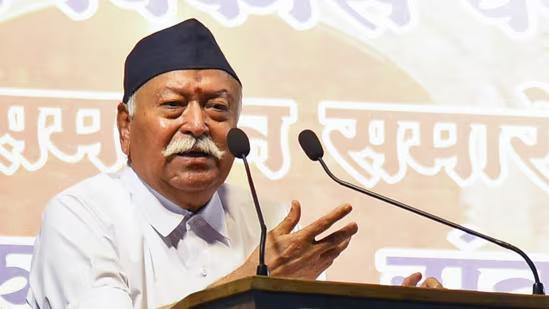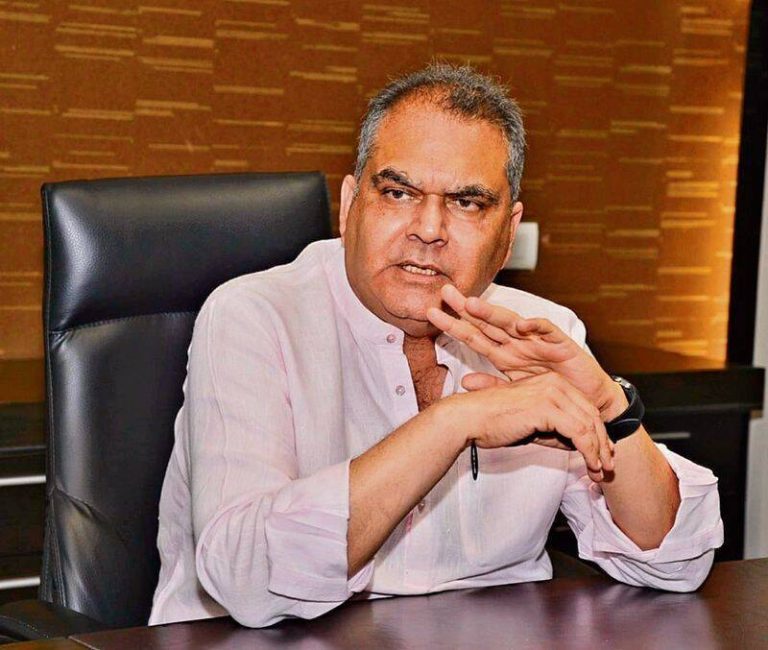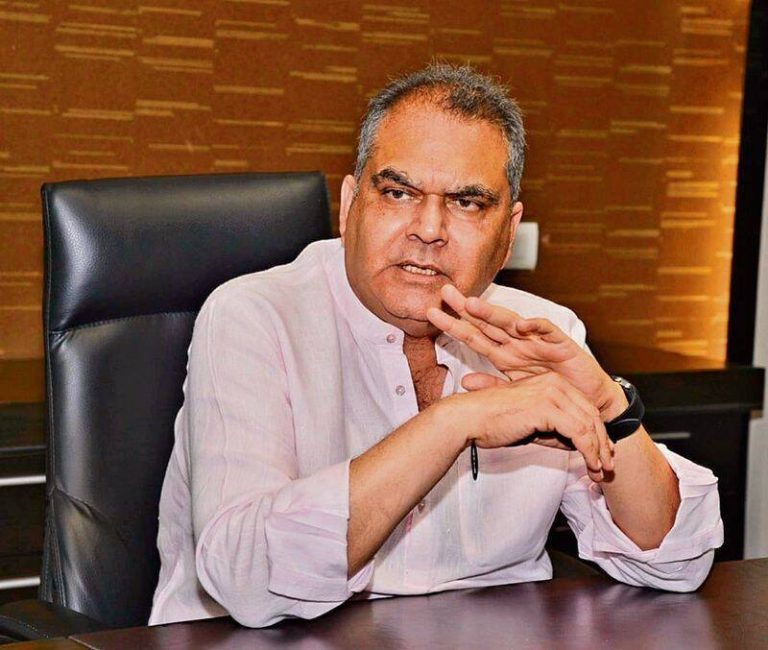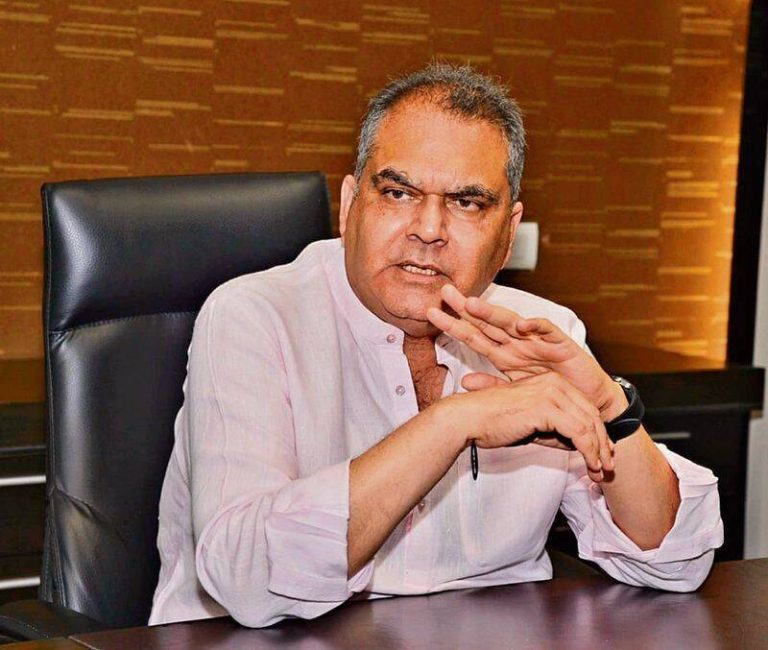
Muslims & Christians are also Hindus if they follow Indian culture: RSS chief Bhagwat
In a recent statement, Rashtriya Swayamsevak Sangh (RSS) chief Mohan Bhagwat has sparked a new debate by redefining the term “Hindu”. According to Bhagwat, anyone who takes pride in Bharat, the Indian subcontinent, can be considered a Hindu. This statement has far-reaching implications, as it blurs the lines between different religious communities and emphasizes the importance of cultural identity over religious affiliation.
Bhagwat’s statement was made in the context of a discussion on the concept of a “Hindu Rashtra”, or a Hindu nation. While some have argued that India should be declared a Hindu Rashtra, Bhagwat took a more nuanced approach. He said that India does not need an official label to be a Hindu Rashtra, because its civilization already reflects the values and principles of Hinduism. In other words, the very fabric of Indian society and culture is rooted in Hinduism, making it unnecessary to formally declare the country a Hindu Rashtra.
But what is most interesting about Bhagwat’s statement is his definition of who can be considered a Hindu. According to him, it is not necessary for someone to worship Hindu deities or follow Hindu customs and traditions to be considered a Hindu. Rather, anyone who worships the country, follows Indian culture, and takes pride in being a part of the Indian civilization can be considered a Hindu. This includes Muslims and Christians, who may continue to practice their own religions and customs, but still identify with the broader cultural heritage of India.
This definition of Hinduism is significant, as it shifts the focus from religious affiliation to cultural identity. It suggests that Hinduism is not just a religion, but a way of life, a set of values and principles that are rooted in Indian culture and civilization. This perspective is inclusive, as it recognizes that people from different religious backgrounds can still share a common cultural identity and sense of belonging to the Indian nation.
Bhagwat’s statement has sparked a lively debate, with some hailing it as a bold and inclusive move, while others have criticized it as an attempt to co-opt other religions into the Hindu fold. Some have argued that this definition of Hinduism is too broad, and that it ignores the distinct religious and cultural practices of Muslims and Christians. Others have seen it as an attempt to undermine the diversity of Indian society, by suggesting that all Indians are essentially Hindus, regardless of their religious affiliation.
However, it is also possible to see Bhagwat’s statement as a genuine attempt to promote unity and inclusivity in Indian society. By emphasizing the shared cultural heritage of all Indians, regardless of their religious background, Bhagwat is highlighting the commonalities that bind the nation together. This perspective recognizes that India is a diverse and plural society, with many different religious and cultural traditions, but also acknowledges that there is a shared sense of Indian-ness that transcends these differences.
In many ways, Bhagwat’s statement reflects the complexities and nuances of Indian identity. India is a country with a rich and diverse cultural heritage, where different religions and traditions have coexisted for centuries. While there are certainly tensions and conflicts between different communities, there is also a deep sense of shared identity and belonging that unites Indians across religious and cultural lines.
Ultimately, the question of what it means to be a Hindu, and whether Muslims and Christians can be considered Hindus, is a complex and multifaceted one. Bhagwat’s statement has sparked an important debate, one that highlights the need for greater understanding and inclusivity in Indian society. As India continues to evolve and grow, it is essential that we recognize and celebrate the diversity of our cultural heritage, while also promoting a sense of shared identity and belonging that unites us all.






